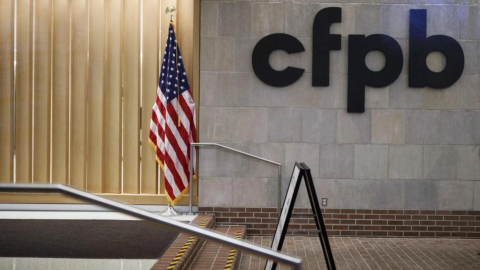America’s Consumer Financial Protection Bureau (CFPB) has proposed a rule to eliminate non-sufficient fund fees for transactions that are declined in real time.
The rule targets declined debit card purchases, ATM withdrawals, and some peer-to-peer payments. This initiative is part of the CFPB’s broader effort against so-called "junk fees" for basic customer services.
The bureau explains that when an individual’s account balance is insufficient to cover a transaction, one of two outcomes generally occurs: the financial institution either extends credit through overdraft protections or declines the transaction due to insufficient funds.
Typically, institutions charge fees only for transactions that are processed and then declined, such as checks or electronic transactions like ACH payments. The CFPB notes that fees for transactions declined in real time—at the moment of the swipe, tap, or click—are rarely charged.
"As technology advances, financial institutions may increasingly decline more transactions at the moment of execution. These include ATM, debit or prepaid card transactions, online transfers, in-person bank interactions, and certain person-to-person transactions," the bureau stated.
Learn more about payments at NextGen Nordics on April 23, 2024.
